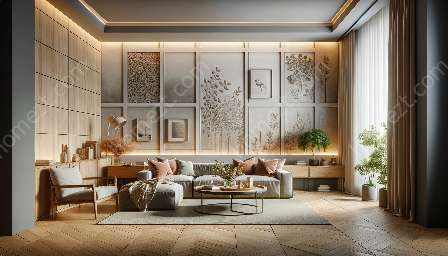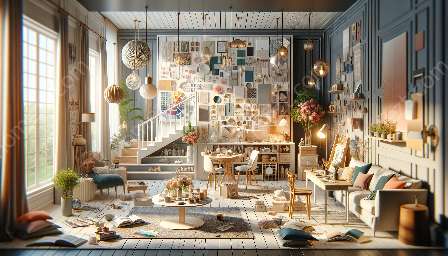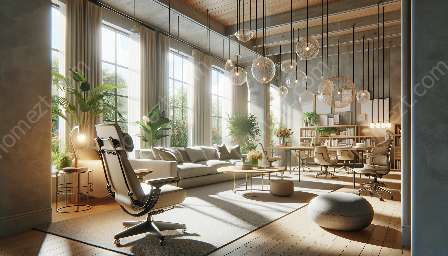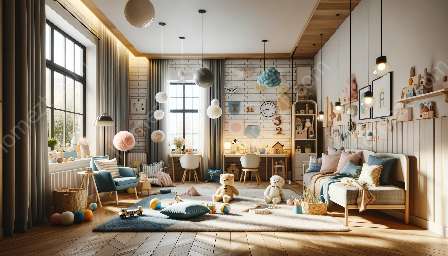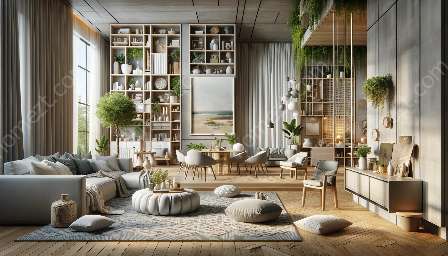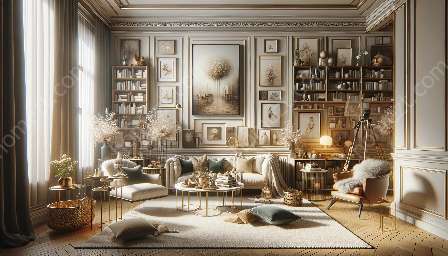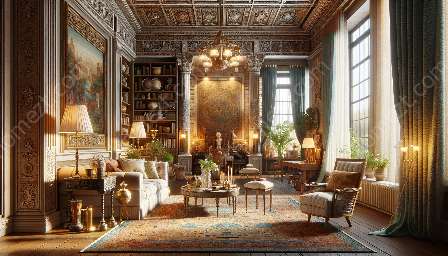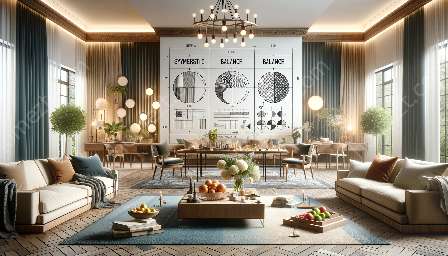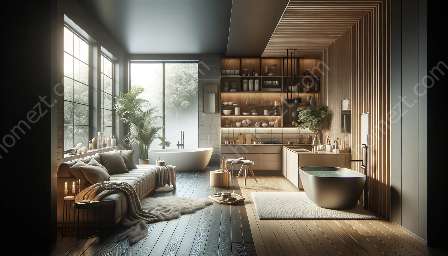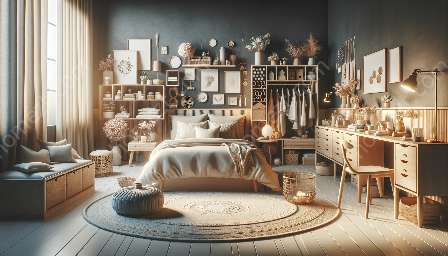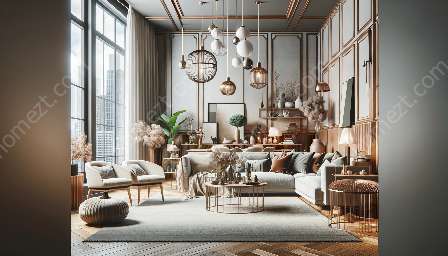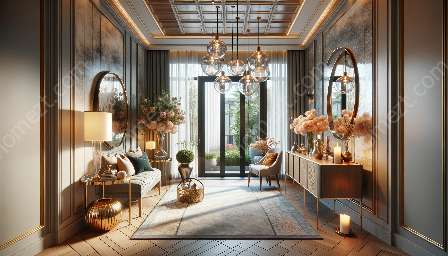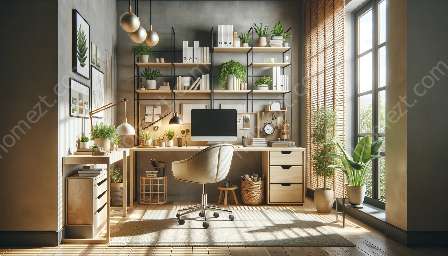Feng Shui is an ancient Chinese practice that emphasizes the importance of the harmony and balance of energy in a space. When applied to bedroom design and organization, Feng Shui can create an environment that promotes restful sleep, relaxation, and positive energy flow. In this topic cluster, we will explore how Feng Shui principles can be integrated into bedroom design and organization, providing tips and ideas for creating a harmonious and inviting bedroom space.
Understanding Feng Shui Principles
Before delving into the specifics of applying Feng Shui to bedroom design, it's important to understand the key principles of this ancient practice. Feng Shui focuses on the flow of energy, or chi, within a space, and how this energy can impact various aspects of life, including health, relationships, and overall well-being. By creating a balanced and harmonious environment, Feng Shui aims to enhance the positive flow of chi and promote a sense of tranquility and vitality.
Applying Feng Shui to Bedroom Design
When applying Feng Shui principles to bedroom design, there are several key factors to consider, including the layout, furniture placement, colors, and decor. The goal is to create a peaceful and nurturing space that supports rest and relaxation, while also stimulating the flow of positive energy.
Bed Placement and Layout
In Feng Shui, the placement of the bed is of utmost importance. It is typically recommended to position the bed so that it has a clear view of the door, but is not directly in line with it. This placement is believed to promote a sense of security and stability while sleeping. Additionally, it's important to avoid placing the bed under sloped ceilings, beams, or heavy fixtures, as these can create a sense of pressure and unease.
Color and Decor
Color plays a significant role in Feng Shui, as different hues can have varying effects on energy flow. For the bedroom, muted and soothing colors are often preferred, such as soft blues, gentle greens, or warm neutral tones. These colors are believed to promote relaxation and calmness, encouraging restful sleep. When it comes to decor, incorporating elements of nature, such as plants or natural materials, can further enhance the positive energy of the space.
Organizing the Bedroom with Feng Shui
Organization is a key aspect of Feng Shui, as clutter and disarray can disrupt the flow of energy within a space. In the bedroom, maintaining a clean and uncluttered environment is essential for promoting rest and rejuvenation. By implementing simple organizational strategies and mindful storage solutions, the bedroom can become a tranquil sanctuary that supports a sense of harmony and balance.
Creating a Sense of Balance
When organizing the bedroom according to Feng Shui principles, it's beneficial to create a sense of balance and symmetry. This can be achieved through thoughtful placement of furniture, such as nightstands or dressers, as well as ensuring that the space feels open and unobstructed. Additionally, incorporating elements of pairs, such as matching bedside tables or symmetrical decor, can further enhance the overall balance of the room.
Mindful Storage Solutions
Effective storage solutions can contribute to a sense of calm and order within the bedroom. Incorporating hidden storage, such as under-bed drawers or discreet built-in shelving, can help minimize visual clutter and create a more serene atmosphere. It's also important to regularly declutter and organize personal belongings, ensuring that the space remains tidy and inviting.
Integrating Feng Shui with Interior Design and Styling
By integrating Feng Shui principles with interior design and styling, it's possible to create a bedroom space that not only fosters rest and relaxation but also reflects personal style and aesthetic preferences. Through the thoughtful selection of furniture, decor, and textiles, a harmonious and balanced environment can be achieved, aligning with both the principles of Feng Shui and the individual's taste.
Choosing Furniture and Textiles
When selecting furniture and textiles for the bedroom, it's beneficial to consider both aesthetic appeal and functionality. Opt for pieces that are well-crafted and visually pleasing, while also promoting a sense of comfort and tranquility. Soft, natural fabrics and materials can contribute to a soothing atmosphere, while carefully chosen furniture pieces can enhance the overall flow and energy of the space.
Personalizing the Space
While adhering to Feng Shui principles, it's important to personalize the bedroom space to reflect individual preferences and personality. Incorporating meaningful artwork, sentimental decor, or items that evoke positive emotions can further enhance the energy of the room and create a space that feels truly nurturing and inviting.
Balancing Feng Shui with Personal Style
Ultimately, integrating Feng Shui with interior design and styling involves finding a balance between the principles of energy flow and the individual's personal style. By allowing room for creative expression and personal touches, while still adhering to the core principles of Feng Shui, a bedroom space can be both harmonious and uniquely reflective of its inhabitants.

